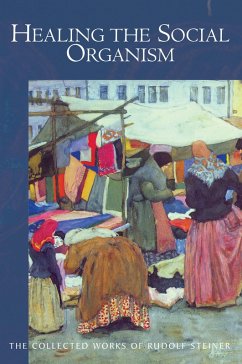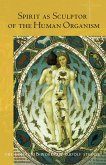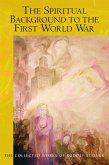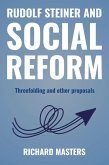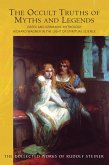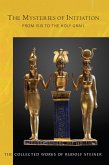Speaking just months after the end of the First World War, Rudolf Steiner urges his audience to awaken to the practical relevance of spiritual knowledge. Serious engagement with contemporary spiritual-scientific concepts can awaken healthy forces of the will, which in turn facilitate constructive action in the outer world. Conversely, ideas that are remnants of a previous age - echoed in empty phrases and dogmas - only hinder our ability to think with the consciousness demanded by the times, destroying the potential for true social initiative. The historical context of these lectures was indeed disastrous, with inflation, hunger, homelessness and political extremism all rife. But Steiner advises that social conditions will only get worse if people don't engage with modern spiritual impulses. Thus - in contrast to the backward phenomenon of nationalism and the contemporary caricature of democracy - he introduces the future-oriented concept of social threefolding. He discusses manifold challenges, such as the decline of the West and the outmoded spiritual impulses of Jesuitism and Freemasonry - but also the positive path for an ascent of Western societies, genuine spiritual medicine, the true message of Easter, and the victory of the Archangel Michael. In several lectures, Rudolf Steiner speaks in some detail about the role and structure of the Catholic Church, the historical use of encyclicals and the doctrine of Papal Infallibility. The first full translation of this course features an introduction by Dorothy Hinkle-Uhlig, notes and an index.Seventeen lectures, Dornach, Mar.-Jul. 1920, GA 198
Dieser Download kann aus rechtlichen Gründen nur mit Rechnungsadresse in A, B, BG, CY, CZ, D, DK, EW, E, FIN, F, GR, H, IRL, I, LT, L, LR, M, NL, PL, P, R, S, SLO, SK ausgeliefert werden.

